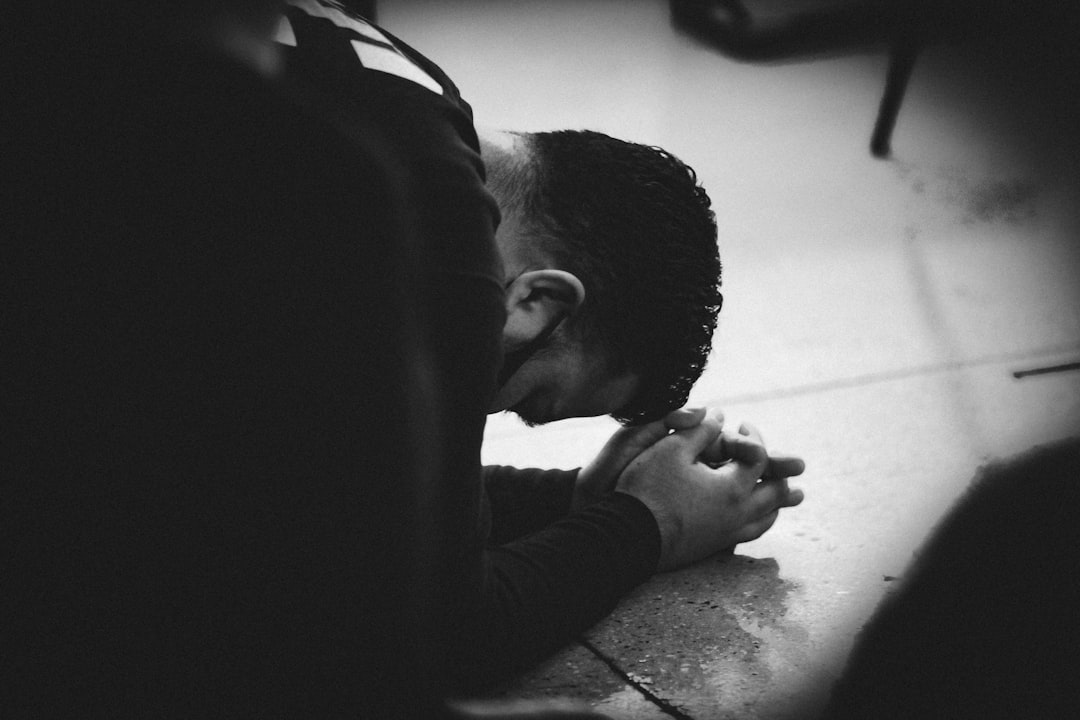Private prayer by a public official in public view is not 'establishing religion'
The Supreme Court makes much needed course corrections to erroneous Burger Court precedents concerning religious expression.
I wanted to write sooner about the landmark victory for religious freedom and free speech in Supreme Court's recent ruling in Kennedy v. Bremerton School District, but I did not have the opportunity until now.
First, here's a brief history.
The Supreme Court, under Chief Justice Warren Burger in 1971, in the case Lemon v. Kurtzman, ruled that Pennsylvania and Rhode Island providing taxpayer-funded reimbursement to church-affiliated schools to help cover expenses such as teacher salaries, textbooks, and other instructional materials was unconstitutional as it was a violation of the First Amendment's establishment clause.
The court established the "Lemon test" based on Burger Court precedent to determine whether government conduct, display, or motto violated the establishment clause.
The three prongs of the test state that the government conduct, display, motto, etc.:
must have a secular purpose (Abington School District v. Schempp in 1963)
must have a principal or primary effect that does not advance or inhibit religion (Board of Education v. Allen in 1968), and
can't foster an excessive entanglement with religion (Walz v. Tax Commission in 1970).
In recent years, the Supreme Court has moved away from the Lemon Test, making some course corrections to Burger Court precedents.
After the Supreme Court's ruling in Kennedy, while the Lemon test was not officially overruled it is pretty much dead.
The Bremerton, Wash. School District fired coach Joe Kennedy after he continued to kneel for quiet prayer midfield after football games when they said he must stop.
The school district argued allowing him to continue to pray violates the establishment clause because of the impression the school district endorsed it.
Kennedy argued that the school district's actions violated his rights to a free exercise of religion and free speech.
The court, in a 6 to 3 decision, sided with Kennedy.
Keep reading with a 7-day free trial
Subscribe to Shane Vander Hart to keep reading this post and get 7 days of free access to the full post archives.



